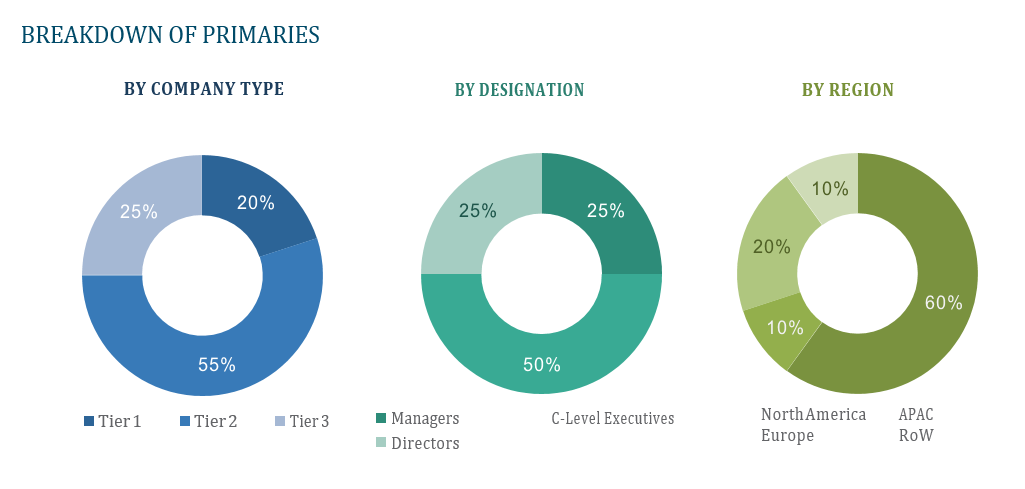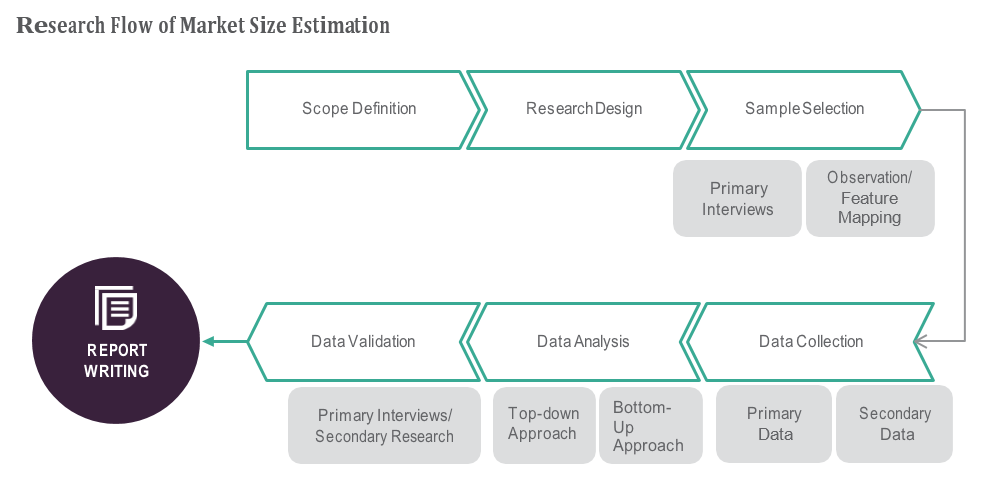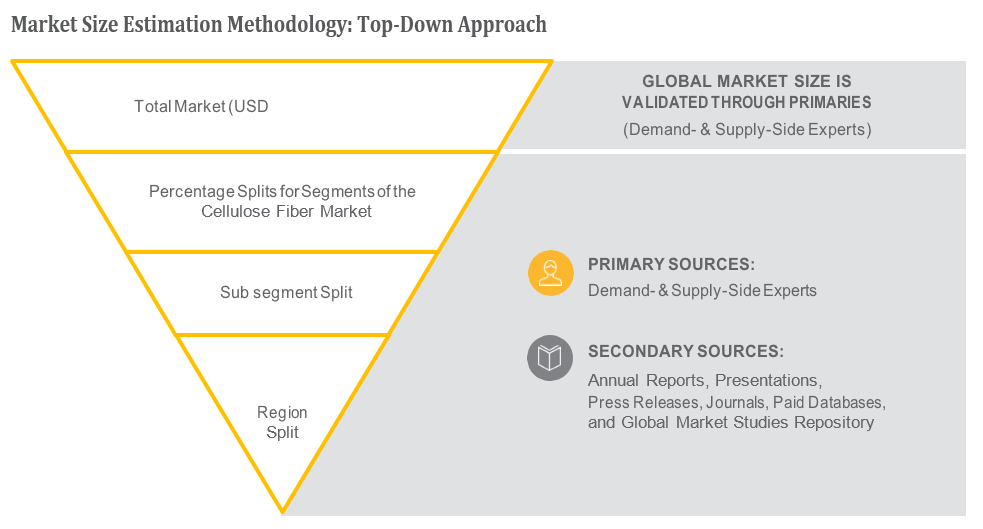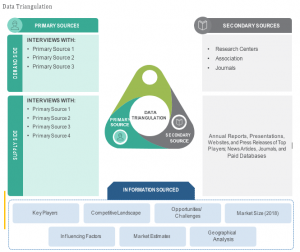OVERVIEW
A report by Global Market Studies has shown a CAGR of 28.7% for the Home Health Hub Market which is expected to expand to a value of USD 987.9 Million by 2028.
A Home Health Hub is a software platform that proactively organizes, cares for and manages chronic diseases for improved results by connecting the health caregiver and the patient, using the patient’s electronic devices. Significant advancements in connected home and mobile technology are improving the efficiency and automation of data collection from patients. This improved hospital and patient connectivity has resulted in better healthcare delivery and care quality, globally. Additionally, the growing trend of smart homes and the increasing awareness of the population regarding health & wellness have contributed to the market growth at an exponential rate.
Market Dynamics
Drivers:
People with long-term conditions like diabetes, heart disease or breathing problems can use home health hubs to control their symptoms and track their progress over time. This can include things like keeping an eye on vital signs, keeping track of how well people take their medications and giving personalized comments and coaching.
As the population ages, there is a growing need for ways to help older people stay independent and in their own homes, as long as possible. Home health hubs can help keep an eye on safety and help with daily tasks like taking care of medications, making meals and making sure the house is safe.
Additionally, the growing availability of connected health technologies is estimated to move forward as more people are using smartphones and want to save high expenses on their health care.
Opportunities:
People who have had surgery or been sick may need ongoing help to heal and get their strength back. Home health hubs can help people keep track of their progress and get personalized coaching and direction to help them get better.
Home health hubs can also help people with depression or anxiety by giving them remote access to mental health workers, keeping track of mood and behavior patterns and giving personalized feedback and support.
Finally, home health hubs can help people maintain their general health and wellness by keeping track of their fitness and nutrition, giving them information and support for healthy behaviors and watching for early signs of health problems
Restraints & Challanges:
Factors such as the cost of implementing and maintaining home health hubs can be high, making it a challenge for patients and healthcare providers to afford. The reimbursement for remote patient monitoring services is limited as well, which can discourage healthcare providers from investing in home health hubs.
Not all patients have access to the technology required to use home health hubs such as reliable internet connectivity, smartphones or other devices, which in turn raises concerns about data privacy and security, especially as personal health information is transmitted over the internet.
The lack of standardization in the home health hub market can also make it challenging for healthcare providers to choose the right product and service for their patients, who may be resistant to change and prefer traditional in-person healthcare services instead. Further, the regulatory and legal issues surrounding remote patient monitoring can be complex, making it difficult for healthcare providers to navigate the market.
Recent Developments:
- In March 2022, VEON Ltd., a global provider of connectivity and internet services, announced that its Banglalink mobile operator in Bangladesh had launched Health Hub, the country’s first integrated digital health platform.
- In January 2021, Philips expanded its leadership in inpatient care management solutions for the hospital with the acquisition of Capsule Technologies Inc.
Key Players:
AMC Health, Cambridge Consultants Ltd. and Cambridge Consultants Inc., Capsule Technologies Inc., eDevice, Pfizer Inc., Philips, Honeywell International Inc., Qualcomm Life Inc., and Medtronic
Frequently Asked Questions
1) What is the projected market value of the Home Health Hub Market?
– The Home Health Hub Market is expected to reach a value of USD 987.9 million by 2028
2) What is the estimated CAGR of the Home Health Hub Market over the 2023 to 2028 forecast period?
– The Home Health Hub Market is expected to grow at a CAGR of approximately 28.7% from 2023 to 2028.
3) Who are the key players in the Home Health Hub Market?
– AMC Health, Cambridge Consultants Ltd. and Cambridge Consultants Inc., Capsule Technologies Inc., eDevice, Pfizer Inc., Philips, Honeywell International Inc., Qualcomm Life Inc., and Medtronic
Why Choose Us?
Insights into Market Trends: Global Market Studies reports provide valuable insights into market trends, including market size, segmentation, growth drivers, and market dynamics. This information helps clients make strategic decisions, such as product development, market positioning, and marketing strategies.
Competitor Analysis: Our reports provide detailed information about competitors, including their market share, product offerings, pricing, and competitive strategies. This data can be used to inform competitive strategies and to identify opportunities for growth and expansion.
Industry Forecasts: Our reports provide industry forecasts, which will inform your business strategies, such as investment decisions, production planning, and workforce planning. These forecasts can help you to prepare for future trends and to take advantage of growth opportunities.
Access to Industry Experts: Our solutions include contributions from industry experts, including analysts, consultants, and subject matter experts. This access to expert insights can be valuable for you to understand the market.
Time and Cost Savings: Our team at Global Market Studies can save you time and reduce the cost of conducting market research by providing comprehensive and up-to-date information in a single report, avoiding the need for additional market research efforts.












